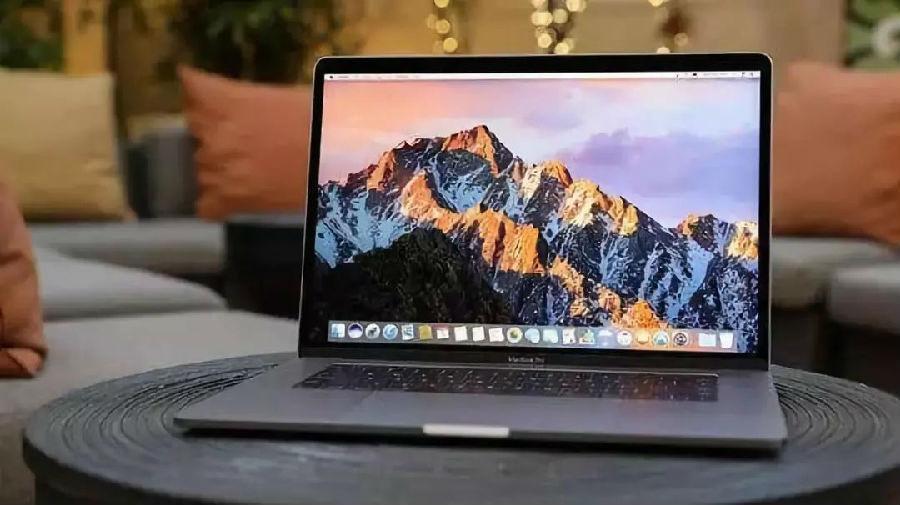The final satellite of China's Beidou Navigation System has been sent into space.
The launch of the BDS-3 satellite was previously set for June 16th, but was postponed due to technical problems discovered in pre-launch testing.
The building of the BDS-3 system began in 2009, it will be the fourth global satellite navigation system after GPS, GLONASS and Galileo.
Beijing reported 13 new COVID-19 infections on Monday, up from nine cases the previous day.
The Chinese capital has confirmed 249 cases since June 11, all of them linked to a local market.
President Xi Jinping is calling on China and the European Union to push for a more stable and mature relationship in the post-pandemic era.
The two sides held their latest leaders' meeting on Monday via video link.
Xi Jinping has suggested that both sides maintain market openness to each other, accelerate the negotiation of a bilateral investment agreement, and enhance third-party cooperation in Africa.
He also is calling for efforts to uphold multilateralism, improve global governance, and strengthen global public health governance.
The heads of the European Council and the European Commission voiced willingness to strengthen cooperation with China on vaccine research and development, saying their bloc is ready to expand bilateral trade and is willing to reach an investment agreement with China.
The Chinese government has expressed opposition to a Japanese city's adoption of a name-changing bill concerning the Diaoyu Islands.
Foreign Ministry spokesperson Zhao Lijian made the remarks after the Ishigaki Municipal Assembly approved a proposal to change the name of an "administrative area" from "Tonoshiro" to "Tonoshiro Senkaku."
"The Diaoyu Islands and its affiliated islands are China's inherent territory, and China's resolve and determination to safeguard territorial sovereignty are unswerving. Japan's adoption of the so-called rename bill is a serious challenge to China's territorial sovereignty. It is illegal and invalid and it cannot change the fact that the Diaoyu Islands belong to China."
He adds that China has lodged solemn representations to Japan through diplomatic channels, and that it reserves the right to make further responses.
The United States and Russia have kicked off a new round of nuclear weapons talks in Vienna.
Topics of discussion are expected to include replacing the New Strategic Arms Reduction Treaty, also known as New START.
The only remaining arms control pact between the two sides is due to expire in February.
It puts limits on the deployment of strategic nuclear arms by Washington and Moscow to no more than 1,550 each.
So far, Russia has offered to extend it for up to five years, but U.S. President Donald Trump has been holding out, insisting on China's participation in trilateral talks.
Beijing has rejected that, citing the fact that its nuclear power is not on the same order of magnitude as that of the United States or Russia.
Russian President Vladimir Putin has attended events in Moscow marking the 75th anniversary of the victory against Nazi Germany in World War II.
Putin laid a wreath at the tomb of the unknown soldier in the Russian capital, and also visited a new church of the armed forces outside Moscow.
"For us, the citizens of Russia, the memory of the Great Patriotic War — the memory of all who was fighting for and died, who was bringing the victory closer using all of their force — is absolutely sacred. It is always with us. It gives us the strength to serve to our country with its moral testament from which we can't retreat, and will never retreat."
Over 27 million people from the Soviet Union were killed during the Great Patriotic War against the Nazis from 1941 to 1945.
Serbian President Aleksandar Vucic has declared a landslide victory for his party in a parliamentary vote held on Sunday.
The Serbian Progressive Party won over 60% of the vote, or 190 seats in the 250-seat parliament.
The vote was the first national election in Europe to take place during the COVID-19 pandemic.

Apple says it will switch to its own chips for its Mac computers, saying the first machines will ship this year.
The move will end a 15-year reliance on Intel to supply processors for its flagship laptops and desktops.
Chief Executive Tim Cook says the company expects the Mac transition to take about two years.
He made the remarks at Apple's annual developer conference.













